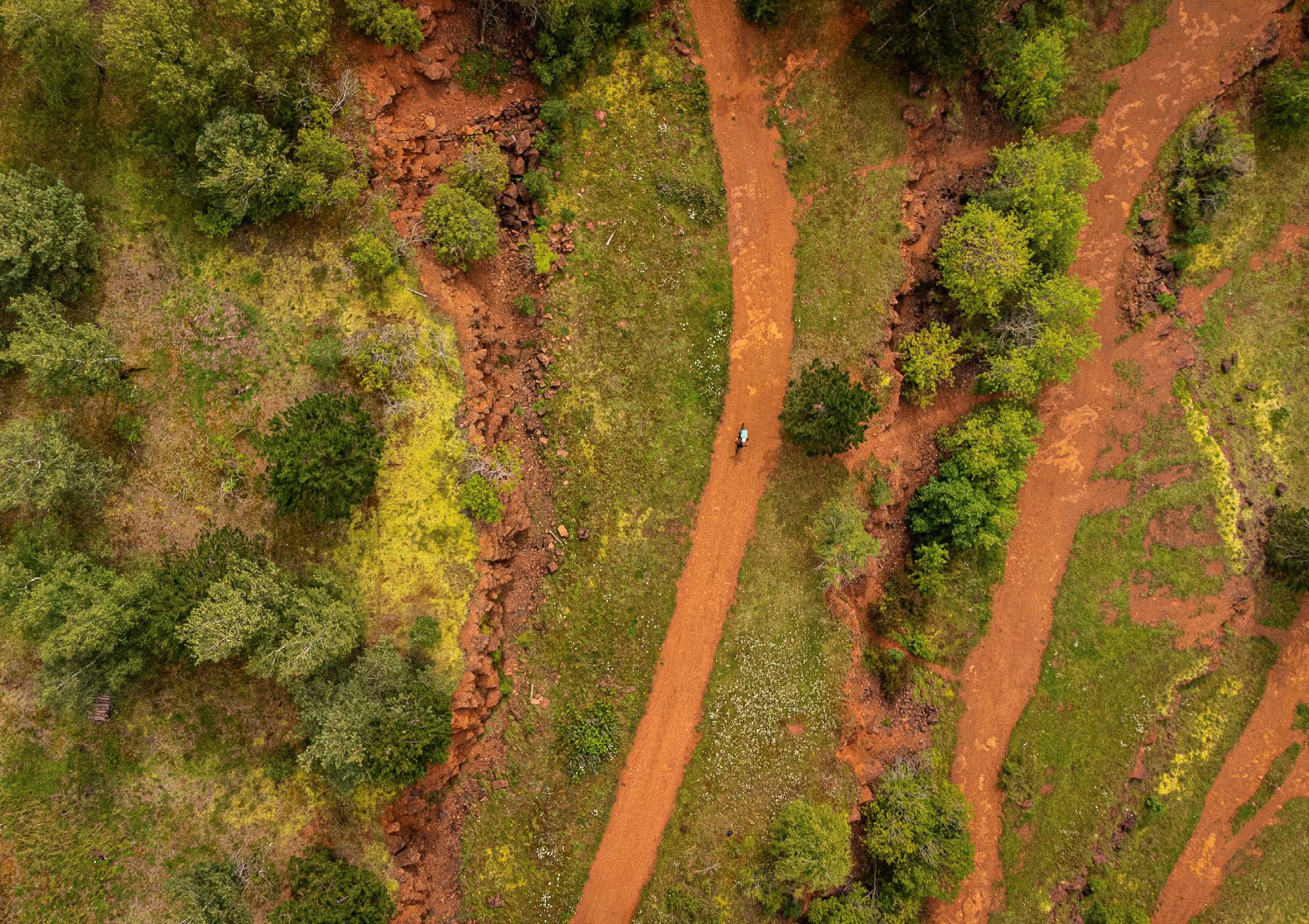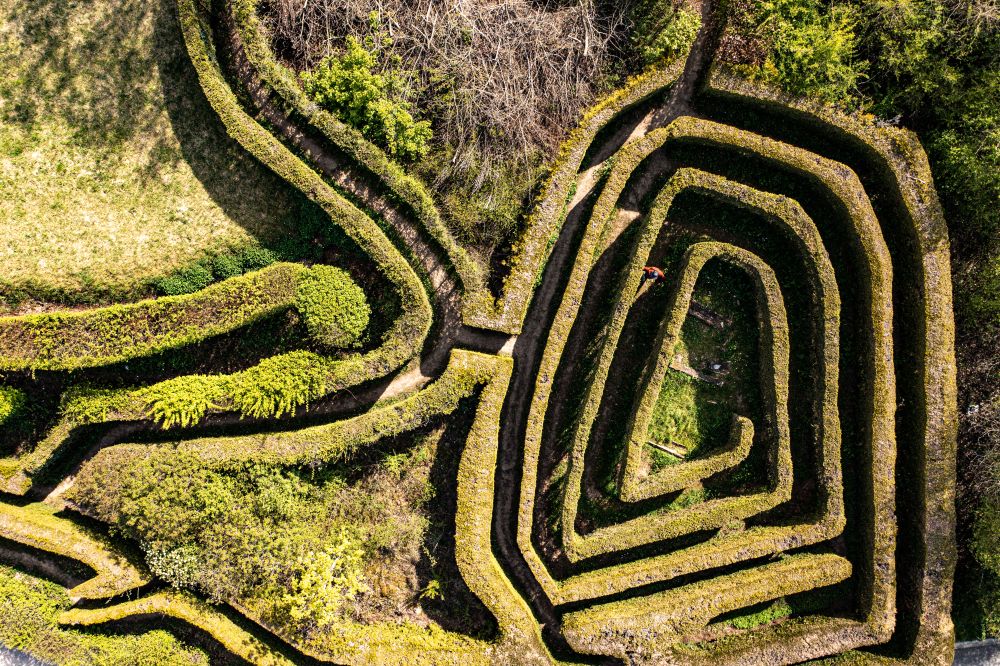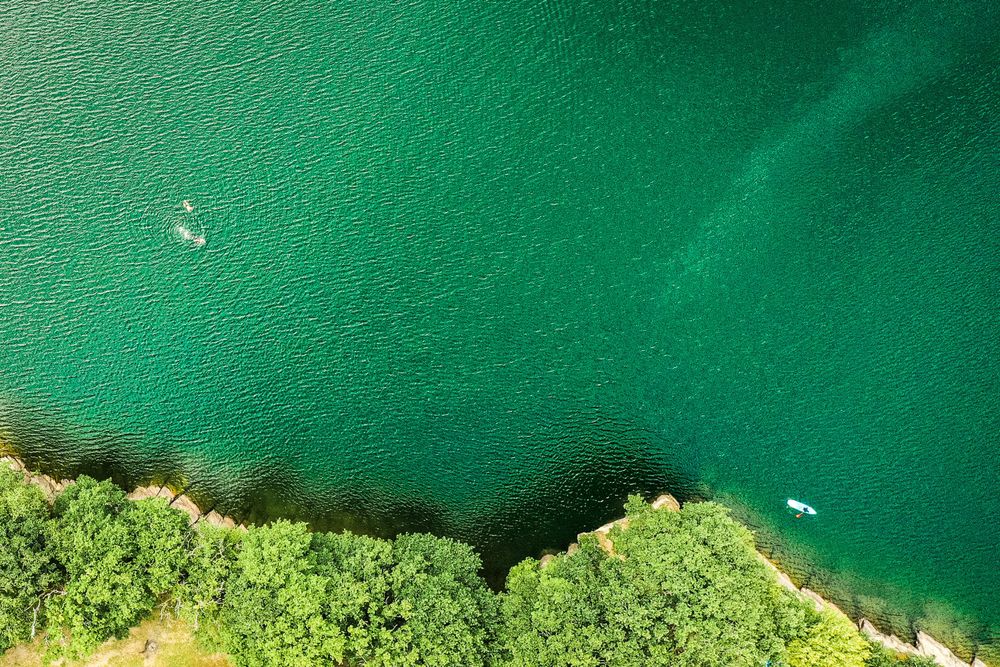In June, Luxembourg's tourism strategy was presented by Lex Delles, minister for the Middle Classes and Tourism, and Jeanne Tonnar, President of Luxembourg for Tourism (LFT), in front of a crowd of around a hundred representatives from the sector.
The Directorate General of Tourism recently finalised its national tourism development strategy. The process of carrying out this measure was based on both studies and expert analyses, complemented with the opinions and real-life experiences of Luxembourg tourism professionals.
The objective is to narrow, reframe, and further develop the main strategic directions of Luxembourg's tourism development policy. Specifically, the initiative aims to strengthen the positive outcomes of tourism and to support the sector in its development despite the sometimes dramatic shifts in society and the sector itself.
Destination positioning
A strategic document "Menschen, Regiounen an Ekonomie") has been published which describes the process of positioning Luxembourg as a destination. It also contains a framework for the targeted development of leisure tourism in Luxembourg.
“Tourism is an important economic sector, and it also plays a central role in improving the quality of life for residents, cross-border workers, and tourists, as well as the sustainable development of the country,” explained Lex Delles. “Both our society and our tourism have developed at a rapid pace in recent years, and the requirements for a contemporary and sustainable offer are constantly changing.”
For Lex Delles, one thing is clear: “The Grand Duchy has extraordinary potential as a tourism destination. In addition to its rich offerings for visitors, it has got some qualities that have become increasingly important in recent years,” he added.
Its strong points include outdoor activities in the middle of unspoilt and diverse natural surroundings, a strong culture of welcoming others, and a high quality of life enjoyed by residents and tourists alike.


